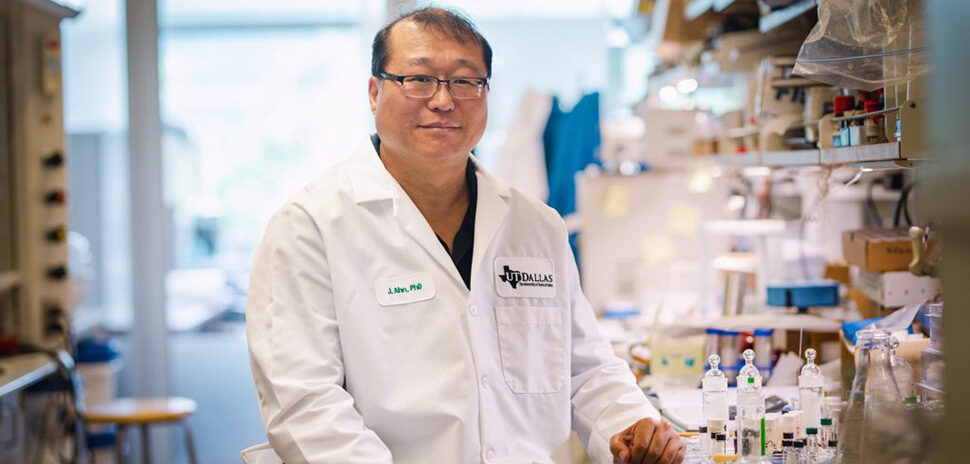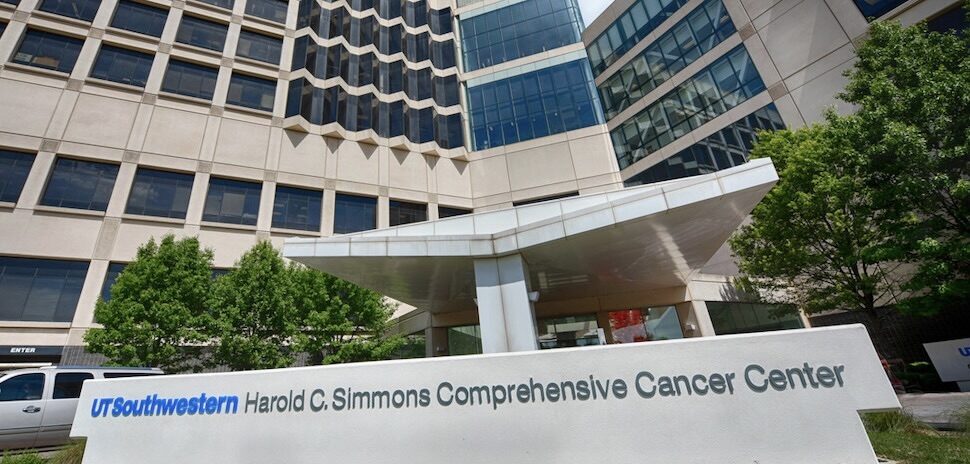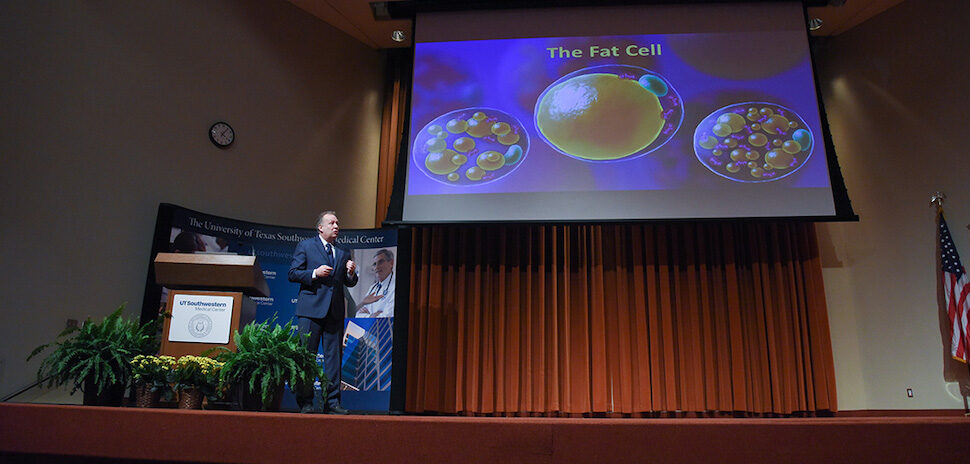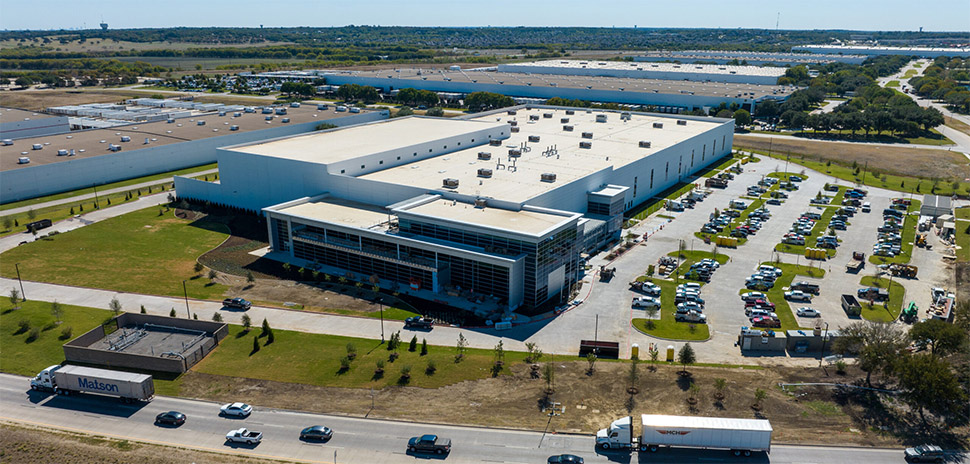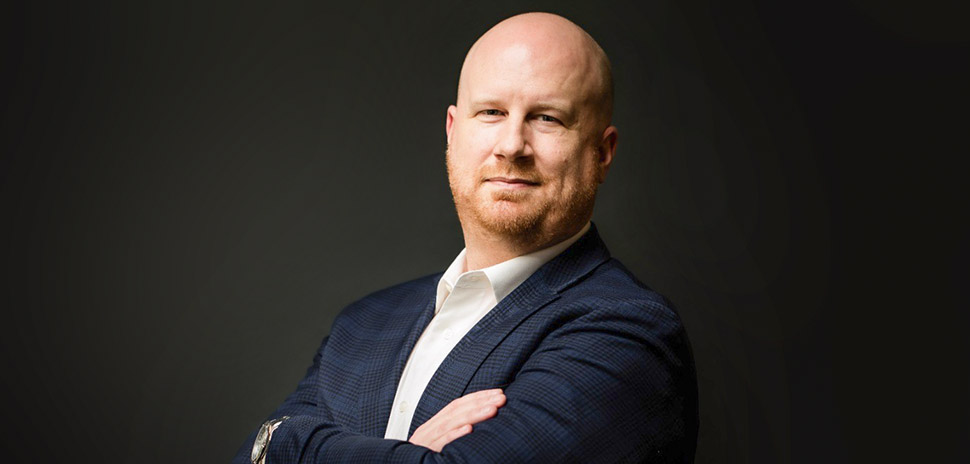“We’re excited to invest in the next generation of innovative researchers.”
Paula Schneider
President and CEO
Susan G. Komen
.…on her organization awarding nearly $20 million in 2023 breast cancer research grants.
Today Susan G. Komen—the Dallas-based world-leading breast cancer organization—announced it had awarded $19.3 million in 2023 grants to researchers at 28 leading institutions across the U.S.

Paula Schneider
The organization said the 49 new grants will support its mission to end breast cancer through funding two focus areas: advancing precision medicine and eliminating disparities in breast cancer outcomes, while continuing the organization’s commitment to supporting the next generation of diverse leaders in breast cancer research.
“We’re continuing to invest in research that will lead to new treatments for breast cancer, including metastatic breast cancer and other aggressive forms of the disease, all with the goal of helping people live longer, better lives,” Schneider said in a statement.
“We’re excited to invest in the next generation of innovative researchers and advocate for advancements in the field so we can truly achieve our vision of a world without breast cancer,” she added.
Komen said that of the $19.3 million awarded:
- More than 65% supports research focused on the most aggressive breast cancers, including recurrent and metastatic breast cancer.
- Nearly 40% supports research focused on understanding the causes and finding solutions to eliminate, reduce and address breast cancer disparities.
- More than 50% supports research to develop the next generation of targeted therapies and advance precision medicine.
11 ASPIRE grants awarded for first time
New this year, Komen said it awarded 11 ASPIRE (A Supplement to Promote Inclusion for Research Excellence) grants to support research trainees from communities historically minorized and marginalized in research to help build a breast cancer workforce that reflects the diversity of the communities Komen serves.
According to Komen, this year’s grant recipients include three who are taking on breast cancer in diverse ways. They are:
ASPIRE grantee Matthew Brady, Ph.D., from the University of Chicago, who will serve as mentor and principal investigator to support doctoral student Briana Banks in her research project which will determine whether higher levels of a steroid hormone called glucocorticoid (GC) during critical times of development, such as puberty, may increase the risk of developing breast cancer. Using preclinical models of breast cancer, they will identify how GC release affects the development of mammary gland ducts and determine whether a GC-blocking drug can reverse many of these changes that increase breast cancer risk.
Career Catalyst Research grantee Nathan Merrill, Ph.D., from the University of Michigan, who will evaluate the effectiveness of a novel treatment combination, including drugs that prevent tumor cells from repairing their DNA and treatments that prevent tumor cell growth. Using preclinical models and clinical markers, the goal of this study is to identify promising drug combinations and target markers of sensitivity and resistance to improve treatment options and outcomes for patients with TNBC.
Leadership Grant awardee and Komen Scholar Bryan Schneider, M.D., of Indiana University, who will study a toxic side effect from chemotherapy that occurs more frequently in Black breast cancer patients compared to other populations, which may prevent people from safely receiving or completing their treatments. The goal of this study is to find the genetic causes and potential solutions to treat or prevent this side effect, which could ultimately improve outcomes in survival rates for Black breast cancer patients.
Unraveling the biology of breast cancer
“There is a true focus on supporting cutting-edge research to help unravel the biology of breast cancer, to develop new treatments for metastatic and aggressive breast cancers, and to ensure that everyone has access to high-quality care,” Dr. Ann Partridge, chief scientific adviser for Komen, said in a statement.
Partridge is also the Eric P. Winer, M.D., chair in Breast Cancer Research, vice chair of the Department of Medical Oncology, director of the Adult Survivorship Program and director of the Program for Young Women with Breast Cancer at the Dana-Farber Cancer Institute and Professor of Medicine at Harvard Medical School.
“This critical research investment underscores Komen’s commitment to funding innovative science from some of the leading minds in breast cancer research while also developing the next generation of scientists at a time when we have never needed them more,” Jennifer A. Pietenpol, Ph.D., chief scientific adviser at Komen, said in a statement.
Pietenpol is the chief scientific and strategy officer and EVP for research at Vanderbilt University Medical Center and Ingram Professor of Cancer Research and Professor of Biochemistry at the Vanderbilt School of Medicine.
$1.1 billion in breast cancer research investments to date
Komen, the largest breast cancer organization in the world, has now invested nearly $1.1 billion in breast cancer research, the largest collective investment of any breast cancer nonprofit and second only to the U.S. government.
![]()
Get on the list.
Dallas Innovates, every day.
Sign up to keep your eye on what’s new and next in Dallas-Fort Worth, every day.













